Looking for the IELTS Band Requirements for Universities in Ireland? then you have landed on the right article. Ireland, which stretches from Dublin to Cork, is becoming a more popular study-abroad option for students from all over the world.
Table of Contents
This nation is among the best in all of Europe for higher education since it offers excellent educational options, a strong cultural legacy, countless beautiful scenery, and a diverse job market.
However, prospective students must complete the International English Language Testing System (IELTS), the most widely recognized language competency exam in the world, much like in other well-known nations.
First things first: to apply for admission to an Irish university as an international student, you must meet the IELTS band requirements set by the institution, as well as other criteria to secure an Ireland Student Visa.
In this way, educational institutions such as schools can evaluate your proficiency in speaking, reading, writing, and listening in the English language and determine whether you are eligible to enroll in the university of your choice in Ireland.
In this blog, we have curated the details regarding IELTS band requirements for universities in Ireland.
Key Takeaways:
- To study in Ireland, students should showcase English proficiency via tests like IELTS or TOFEL.
- The minimum requirement to enroll in Bachelor’s degree is 6 and to enroll in a Master’s degree is 6.5.
- Top universities in Ireland like Trinity College Dublin and University College Dublin have one of the highest IELTS requirements of 7 band score.
- The cost of studying in Ireland can vary which ultimately depends on the program.
- Living in Ireland is quite affordable. The tuition fee, housing charges, transportation and other necessities is budget friendly.
How much IELTS Band Requirements for Universities in Ireland?
For more different levels of higher education, the general IELTS requirements are:
- Bachelor’s Degree: An IELTS band score of 6.5 is typically required by the majority of Irish colleges and universities; however, certain universities may demand an IELTS band score of 6.0.
- Postgraduate Degree: In Ireland, the majority of colleges and universities demand an IELTS score of 6.5 overall, with no band falling below that level. Nevertheless, in certain instances, the university demands an overall band score of 7.0, and some even allow a score of 6.
- Foundation Courses: According to information on the Irish Immigration Services official website, a minimum IELTS score of 4.0 is required for foundation courses. However, students must first finish a preparatory-level English course before beginning a new course.
It is crucial to remember that certain universities may have IELTS requirements that are higher or lower than the minimum score needed to be eligible for an Ireland student visa.
It is strongly advised to confirm the particular IELTS criteria with the selected school, taking into account all other factors that affect the IELTS band score. Certain Irish colleges might even take into account scores from tests of English language proficiency like the PTE and TOEFL.
Minimum IELTS requirements of top universities in Ireland:
| College Name | IELTS requirements for UG courses | IELTS requirements for PG courses |
| Trinity College of Dublin | 6.5 | 6.5 |
| RCSI University of Medicine and Health Sciences | 6.5 | 6.5 |
| University College Dublin | 6.5 | 6.5 |
| University College Cork | 6.5 | 6.5 |
| National University of Ireland | 6.5 | 6.5 |
| Dublin City University | 6.5 | 6.5 |
| Maynooth University | 6 | 6.5 |
| University of Limerick | 6.5 | 6.5 |
| Technological University Dublin | 6 | 6 |
1. Trinity College Dublin:
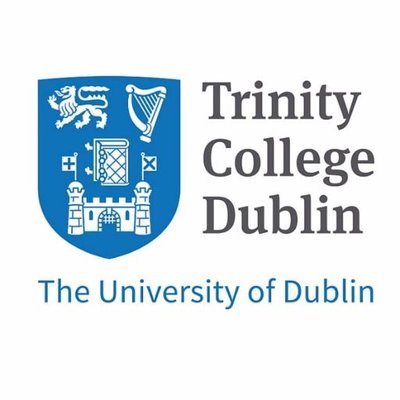
At Ireland’s oldest institution, Trinity College Dublin (established in 1592) immerse yourself in academic distinction and history. Nobel laureates and Pulitzer Prize winners alike have ambled through its cobblestone courtyards, and its library is the site of the renowned Library of Kells, an illuminated manuscript from the Middle Ages.
In addition to offering challenging coursework in the humanities, social sciences, and sciences, Trinity College Dublin offers a comprehensive immersion program in Irish culture and knowledge.
- Minimum IELTS score: 6.5
- Acceptance rate: 33.5%
- Location: Dublin
- Notable alumni: Aisling Bea, Douglas Hyde, George Berkeley, Samuel Beckett, Anne Enright, Chris Deburgh
2. University College Dublin:

Explore the vibrant and varied campus of University College Dublin, the biggest university in Ireland. At UCD, you may find students from more than 130 countries, creating a genuinely global community. The University of California, Davis offers a wide range of courses in business, engineering, medicine, and agriculture, among other subjects, and is well-known for its research and innovation components.
This university’s thriving center of academic achievement will provide you with lots of chances to be inspired, challenged, and connected.
- Minimum IELTS score: 6.5
- Acceptance rate: 20%
- Location: Belfield
- Notable Alumni: James Joyce, Gabriel Byrne, Ali Hewson, Maeve Binchy, Dermot Morgan
3. National University of Ireland:
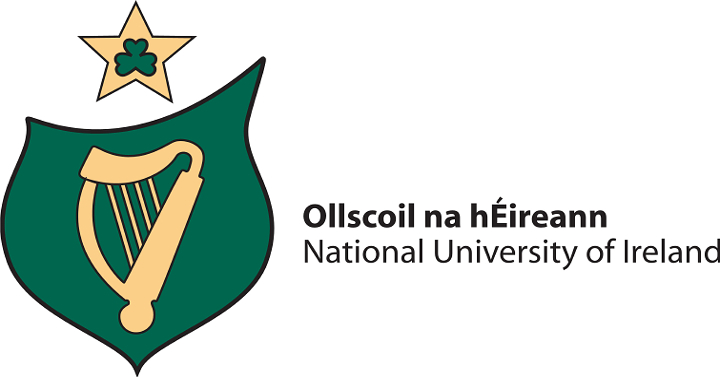
Established in 1845, National University of Ireland possesses an extensive past and a stunning campus with a view of the River Corrib. Whether your interests are in business, medicine, archeology, or marine science, NUIG offers a wide choice of degrees that allow you to combine demanding coursework with the allure of Galway’s cultural environment.
- Minimum IELTS score: 6.5 bands
- Acceptance rate: 86%
- Location: Galway
- Notable Alumni: Alice Perry, Mick Lally, Paul Hession, Enda Kenny, Lisa Chambers
4. University college cork:
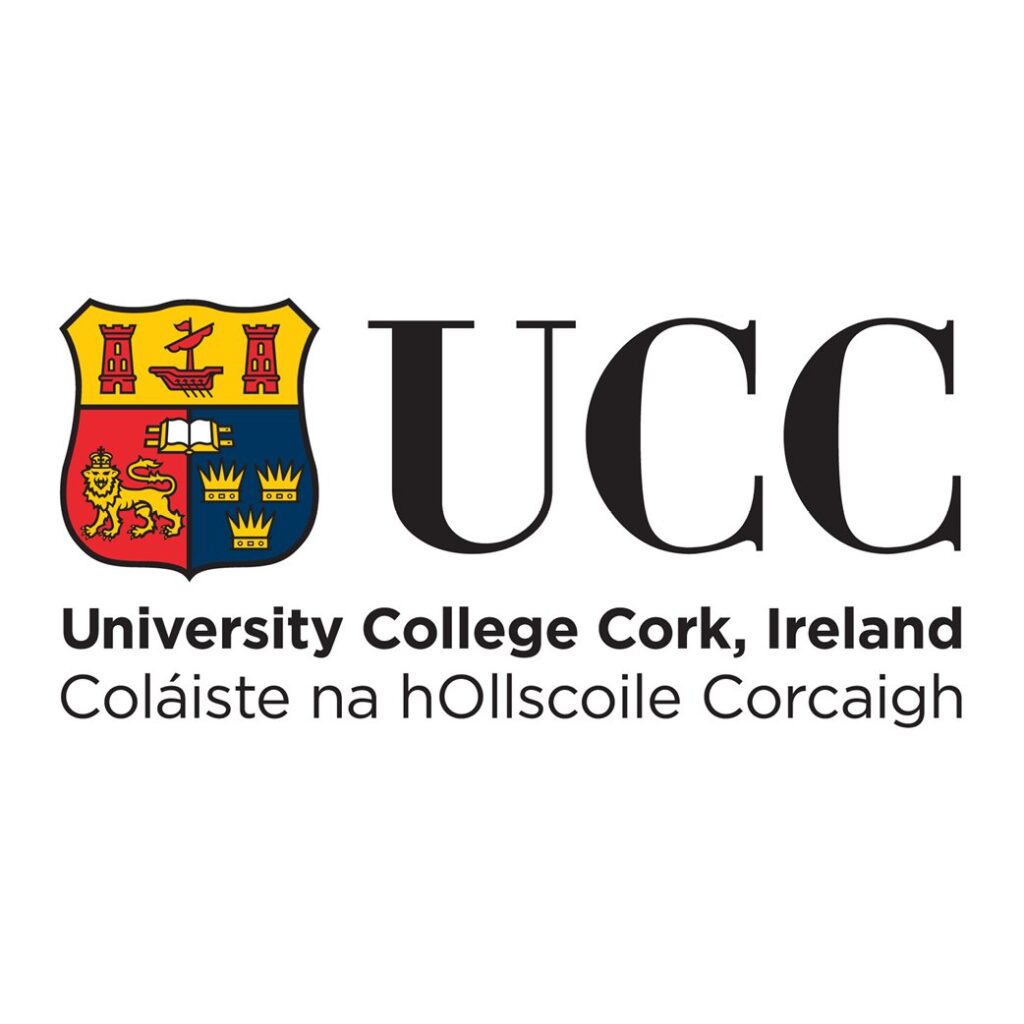
Founded in 1845, University College Cork offers a vibrant environment that places a high priority on innovation and research. At UCC, there are numerous curriculum options, ranging from Celtic studies to engineering. Prepare to discover the fascinating city of Cork and dig into the depths of knowledge that UCC has to offer.
- Minimum IELTS score: 5.5 bands
- Acceptance rate: 41%
- Location: Galway
- Notable Alumni: Andre Ventura, Cillian Murphy, Holly Cairns, Fiona Shaw, Declan Kidney
5. Dublin City University:

Dublin City University, which was established in 1989, offers programs with an industry focus and a contemporary campus that will equip you for the working world. The college’s Department of Computing, Engineering, Business, and Hospitality offers a wide range of experiential learning opportunities and strong industry connections to ensure that your studies prepare you for a rewarding career after graduation from DCU, regardless of your interest in engineering, computing, business, or hospitality.
- Minimum IELTS score: 6.5 bands
- Acceptance rate: 63%
- Location: Collins Avenue
- Notable: Lorraine Twohill, John Connolly, Laura Whitmore, Clare Daly, Neil Delamere
Tips to improve your chances of achieving a high IELTS score:
Making the most of your chances of scoring highly on the IELTS demands a methodical and committed approach to language study. The following advice will increase your likelihood of receiving a good IELTS score:
1. Acquaint yourself with the IELTS format:
It’s important to comprehend the IELTS test format. The four components of the IELTS exam are Speaking, Writing, Reading, and Listening. Become familiar with the format, pacing, and kinds of questions in each segment.
To gain a feel for the format of the test and to build efficient test-taking techniques, practice with real IELTS practice exams.
2. Enhance your English skills:
Gaining proficiency in the English language is necessary to get a high IELTS score. Improve your grammar, vocabulary, reading, writing, speaking, and listening abilities.
To increase your language skills, read widely on a range of subjects, write essays for practice, have discussions in English, and watch or listen to English-language movies or audio snippets.
3. Practise regularly with mock tests:
The secret to raising your IELTS score is consistent practice. To gauge your performance and replicate the real examination settings, take timed mock exams.
Examine your responses and take note of your errors to determine your advantages and disadvantages. Pay attention to the areas that need work and adjust your practice accordingly.
4. Learn time management:
The IELTS test requires careful attention to time management. To make sure you can finish all portions in the allotted time, practice time management skills during practice exams.
To make sure you finish every job, practice efficient time management in the Writing and Speaking sections and skimming and scanning the Reading section.
Cost of studying in Ireland:
In Ireland, an Undergraduate degree or Bachelor’s degree is free for citizens of Ireland, EU/EEA countries, and Switzerland. Their tuition costs are covered by the Higher Education Authority. However, it should be kept in mind that not all undergraduate courses which are offered by public universities would be free of cost.
For Master’s, students are expected to pay tuition fees which fall in the range between 3,000 to 30,000 EUR every academic year. Additionally, business and medical-related courses are often considered to be more expensive.
Moreover, all international students would have to pay a maximum of 3,000 EUR per year for various student services such as examination entries and support for clubs and societies. This fee varies from one university to another and changes every academic year.
Frequently Asked Questions:
1. Is IELTS 5.5 accepted in universities in Ireland?
Undergraduate students must have an overall IELTS score of 6.0 with no band lower than 5.5 to be admitted to Irish universities. Postgraduate students must receive an overall grade of 6.5, with no band falling below a 6.
2. How much IELTS score is required for Ireland?
To study in Ireland, prospective undergraduate students must fulfill the IELTS criteria, which calls for an overall score of 6.0, with no individual band dropping below 5.5. An overall score of 6.5 is necessary for postgraduate students, with no band falling below 6.0.
3. Is IELTS mandatory for an Ireland student visa?
IELTS is not a prerequisite; candidates may alternatively apply for an Ireland student visa by demonstrating their English competence on other exams such as the PTE, TOEFL, or CELA.
4. Which university accepts 5.5 bands in Ireland?
Trinity College Dublin, University College Dublin, and the National University of Ireland, Galway are a few of the renowned Irish universities that recognize this score.
5. Can I get PR in Ireland without IELTS?
If you pass other examinations to demonstrate your English language proficiency, you can obtain permanent residency in Ireland without taking the IELTS.
6. Can I get PR in Ireland after study?
It’s true that after studying in Ireland, students can apply for permanent residence. You must have been a resident of Ireland for at least five years and possess a valid work permit to be eligible. If you have been in Ireland for at least two years and hold an employment permit for key skills, you may also apply for permanent residence.
Conclusion:
International students can apply for hundreds of scholarships and support programs in Ireland. The Irish government offers some of them, universities offer others, and private organizations offer still others.
Every institution is free to set its own standards for its financial assistance programs.
Any student looking for the perfect place to study abroad is bound to find Ireland high on their list of priorities.
A varied amount of over 32,000 students from various countries such as China, India, Malaysia, and others have made this enchanting country their second home. The thriving Indian student population consists of more than 2,000 students in Ireland’s dynamic academic environment.









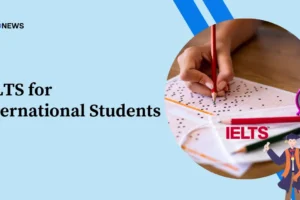

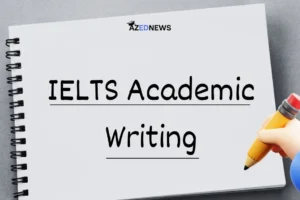
Add Comment